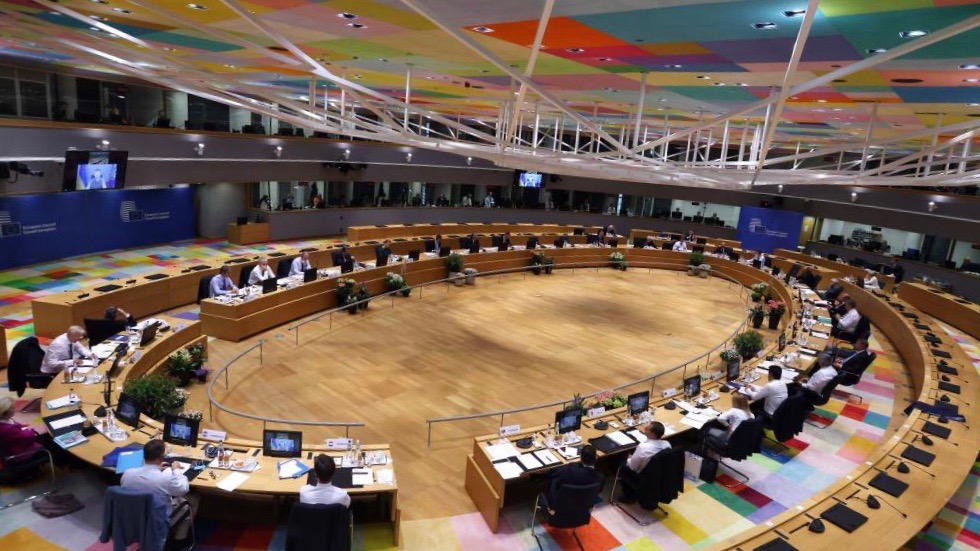Leaders of the European Union (EU) have reached an agreement to cut the majority of oil imports from Russia by the end of 2022. The decision was announced by European Council President Charles Michel, stating that the ban “immediately covers more than two-thirds of crude oil imports from Russia, cutting a huge source of financing for its war machine.” The EU’s 27 member states are holding a two-day European Council summit in Brussels between May 30 and 31.
Russia supplies 27% of the bloc’s oil imports and 40% of its gas, for a payment of $430 billion each year. The embargo announced on Monday will only impact oil that is transferred in tankers by sea – amounting to two-thirds of all Russian imports. The remaining one-third, which is transferred via the Druzhba pipeline, is temporarily exempt. The pipeline supplies oil to Slovakia, the Czech Republic and Hungary. Hungary imports 65% of its oil from Russia via pipelines. As such, the country had opposed an absolute oil embargo, with Prime Minister Viktor Orban stating that the European Commission had failed to properly negotiate with member states. Hungary’s opposition sparked weeks of negotiations, given that sanctions must be approved by all 27 EU members.
According to reports, aside from the exemption of imports via pipelines, Hungary also seems to have secured reassurances of emergency measures which would kick in “in case of sudden interruptions of supply.” Meanwhile, Germany and Poland have reportedly volunteered to halt pipeline imports by the end of the year. European Commission President Ursula von der Leyen has stated that this will widen the scope of the embargo to cover 90% of Russian supply. She added that the Commission would revisit the Druzhba pipeline exemption “as soon as possible”.
The import ban announced on Monday is part of the sixth package of sanctions approved by the European Union against Moscow. Other measures include removing Russia’s largest bank, SberBank, from SWIFT. Seven other banks were barred from the messaging system in March. Michel also announced the “banning of 3 more Russian state-owned broadcasters and the sanctioning of individuals responsible for war crimes in Ukraine.” The European Union has already imposed sanctions on imports of iron, steel, cement and wood from Russia. It also announced a ban on coal in April, which would be phased in over the course of four months. The bloc has also imposed economic sanctions against dozens of political, military, and financial entities and individuals.
State and regional governments have been excluded from the EU’s financial and capital markets. In a coordinated action between the United States and other G7 countries, Russia was also suspended from normal trade relations in March. The sweeping sanctions and embargoes imposed on Moscow, coupled with the now four-month long war in Ukraine, have triggered a growing food and energy crisis across the world. Russia and Ukraine together account for nearly one-third of the world’s exports of food grains including wheat. During a conversation with Italian Prime Minister Mario Draghi last week, President Vladimir Putin stated that Russia would work to alleviate the food crisis “through the export of grain and fertilizer on the condition that politically motivated restrictions imposed by the West are lifted.” Putin also spoke of measures to ensure the safety of navigation, including opening humanitarian corridors daily for the exit of civilian ships from the Azov and the Black Sea ports.





